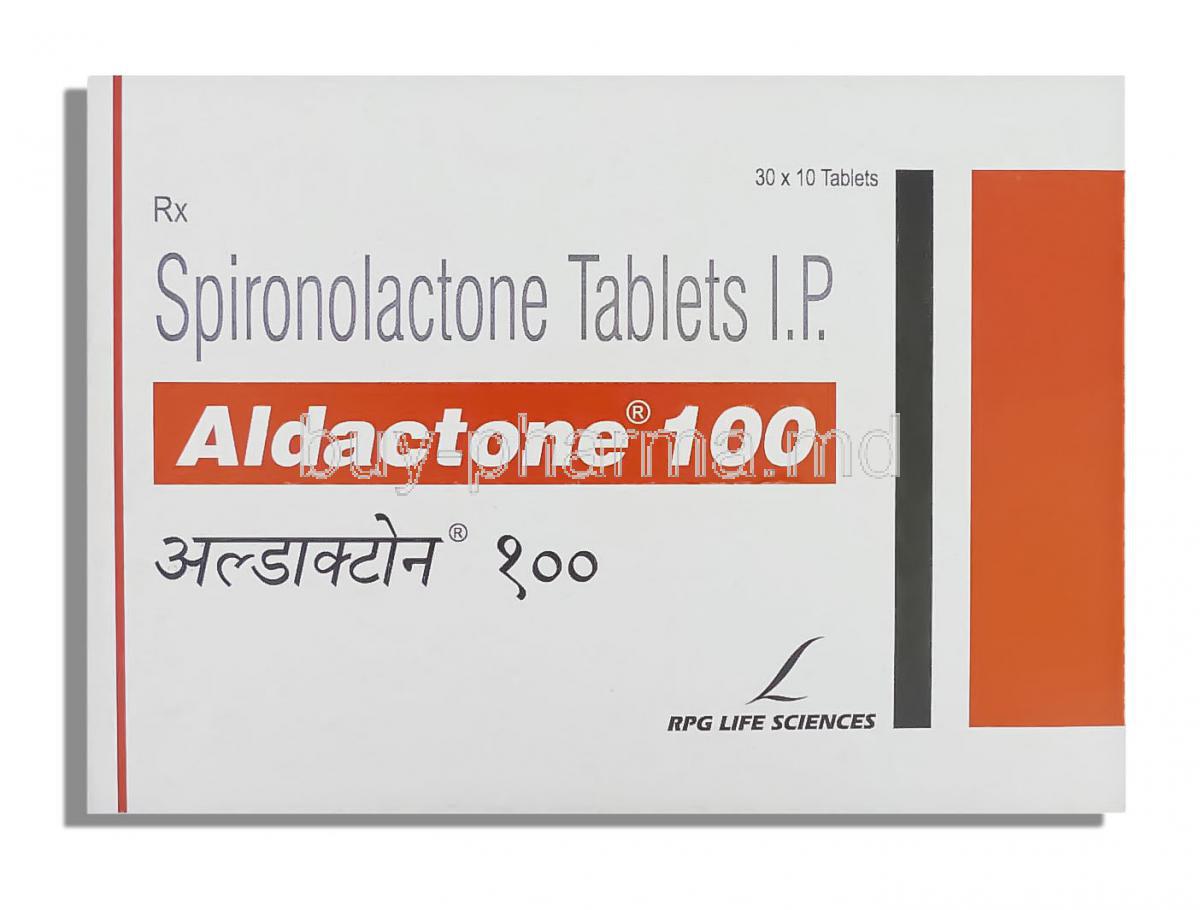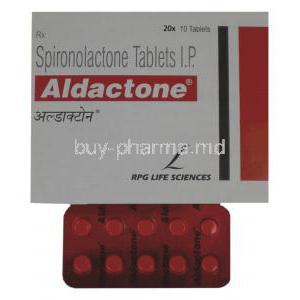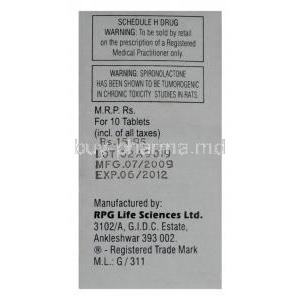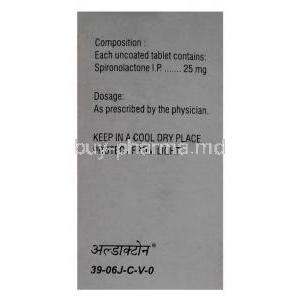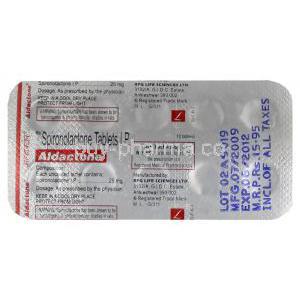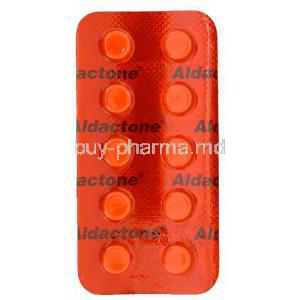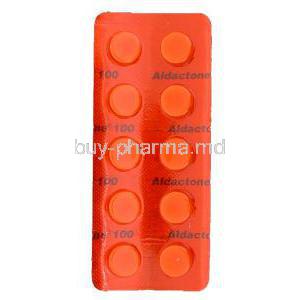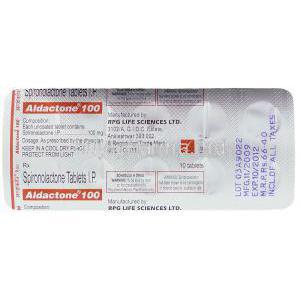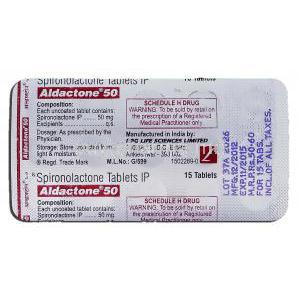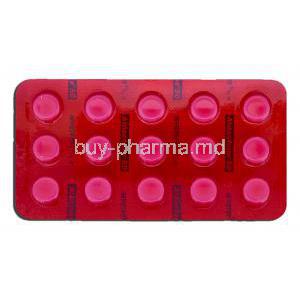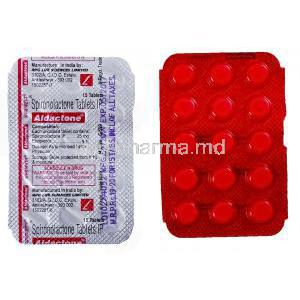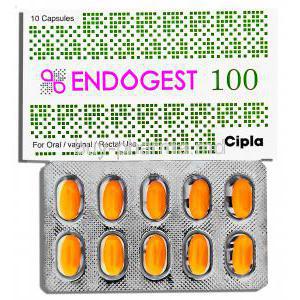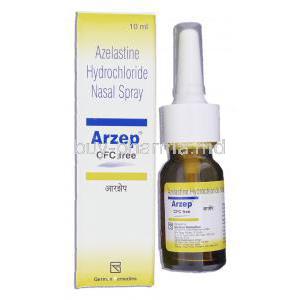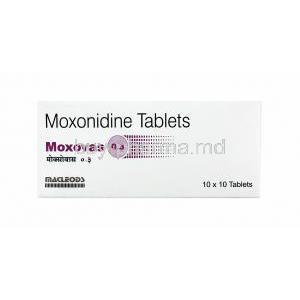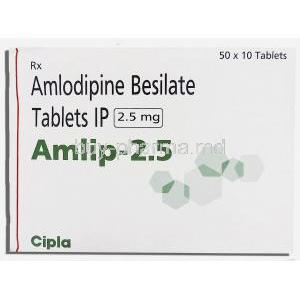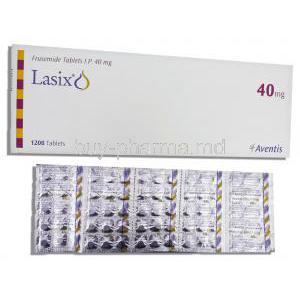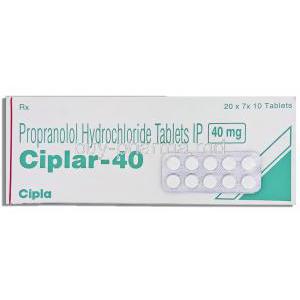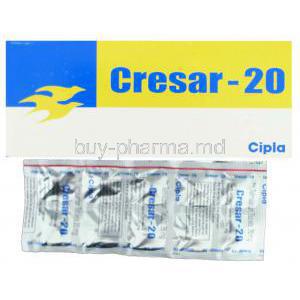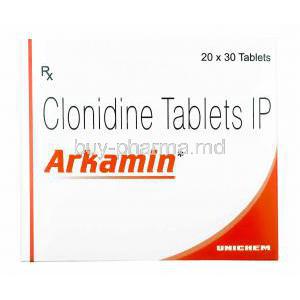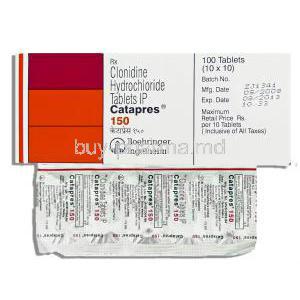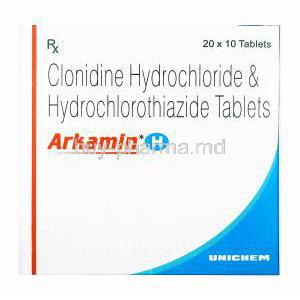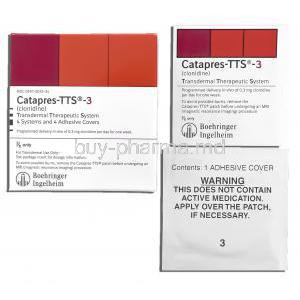Aldactone
- I. Introduction to Aldactone
- II. Composition of Aldactone
- III. How Aldactone Works
- IV. Uses of Aldactone
- V. Dosage and Administration of Aldactone
- VI. Careful Administration of Aldactone
- VII. Administration to Special Populations
- VIII. Potential Interactions with Aldactone
- IX. Side Effects of Aldactone
- X. Important Precautions While Taking Aldactone
- XI. Handling and Storage of Aldactone
- XII. Dealing with Overdosage of Aldactone
- XIII. Conclusion: Key Takeaways about Aldactone
- XIV. References
I. Introduction to Aldactone
A. What is Aldactone?
Aldactone, also known by its generic name spironolactone, is a widely recognized and respected medication within the pharmaceutical industry. It falls under the category of drugs referred to as potassium-sparing diuretics, commonly referred to as "water pills."
B. Overview of Aldactone's Medical Significance
Aldactone is a vital medication. It should not be underestimated as just a "water pill". It is widely used for managing hypertension, congestive heart failure, and specific fluid overload called edema. Moreover, aside from its diuretic action Aldactone also possesses anti-androgen properties, which are valuable in treating hormonal disorders.
C. Brief Discussion of Its Therapeutic Class
Aldactone is classified as a potassium-sparing diuretic within therapeutics – an area known for its utmost relevance in pharmacology. These medications specifically target the excessive elimination of potassium by the kidneys while promoting the expulsion of sodium and water. Though encompassing only a small segment within pharmacology's broad spectrum, their indispensability remains unquestionable.
II. Composition of Aldactone
A. Active Ingredient
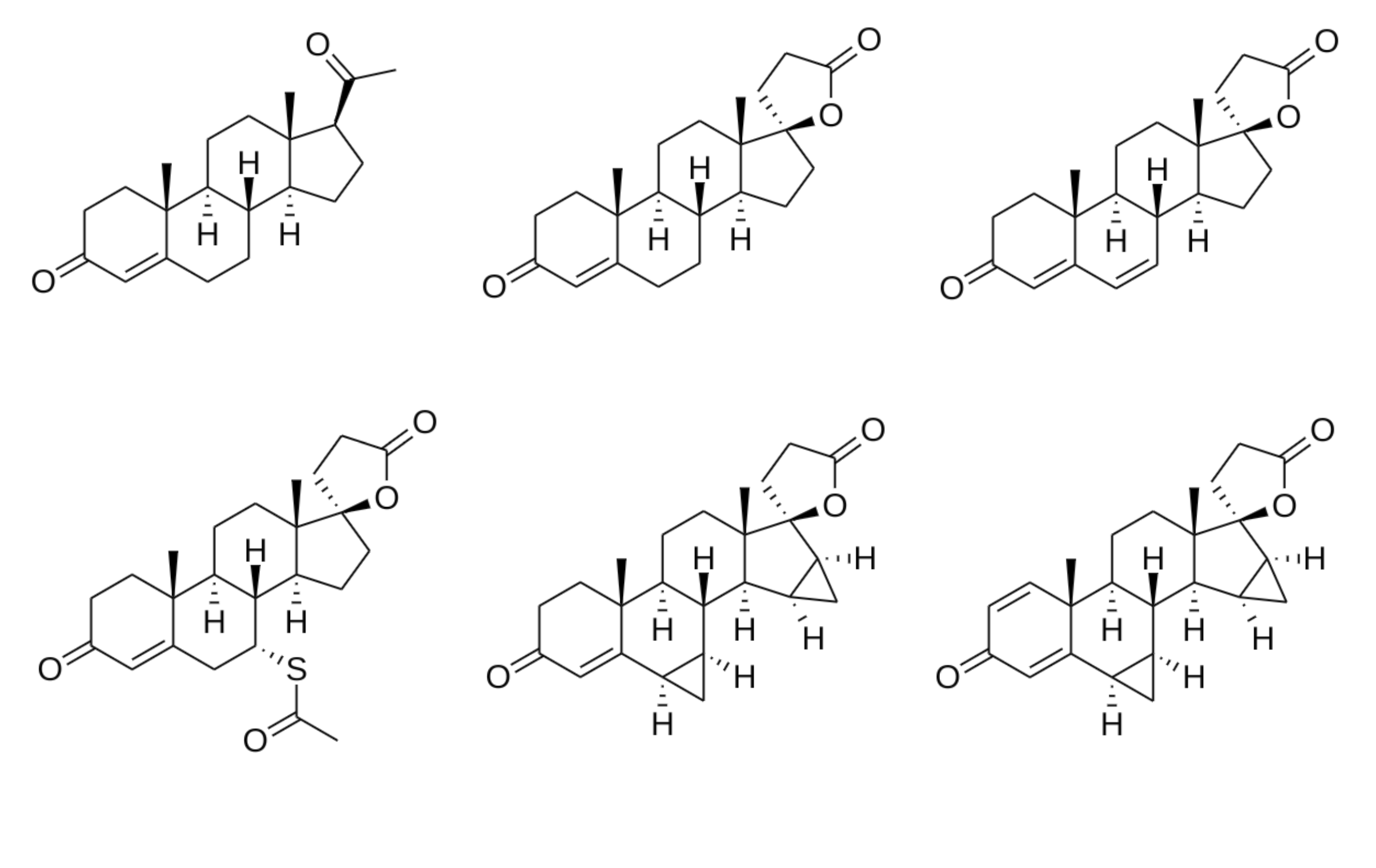
B. Inactive Ingredients
Aldactone tablets also contain several inactive ingredients that do not contribute to the therapeutic effect but assist in the tablets' formulation. These inactive ingredients may include calcium sulfate, corn starch, flavoring agents, hypromellose, iron oxide, magnesium stearate, polyethylene glycol, povidone, and titanium dioxide.
C. Available Forms and Strengths
Aldactone is commercially sold in different dosage strengths, such as 25 mg, 50 mg, and 100 mg tablets. These varying strengths provide flexibility in adjusting the dosage according to each patient's needs and conditions.
III. How Aldactone Works
A. Mechanism of Action
The functionality behind Aldactone lies in its ability to inhibit the aldosterone hormone. Normally. Aldosterone promotes the reabsorption of both sodium and water within our renal system while facilitating the excretion of potassium. However, through hindering the effect of the aldosterone on our bodies, Aldactone aids in increasing elimination rates for surplus sodium and water through urination while ensuring retention of sufficient levels of potassium within our physiological makeup and ultimately resulting in a reduction in fluid overload alongside lowering blood pressure readings over time. Note: The Flesch Kincaid score may not accurately reflect readability or style when applied to highly technical or specialized content such as medical information.
B. Time to Effect and Duration of Action
After taking Aldactone orally, the diuretic effect usually starts within 2 to 3 hours and reaches its highest point after 6 to 8 hours. The impact lasts 2 to 3 days, allowing most patients to take it once or twice a day.
IV. Uses of Aldactone
A. FDA-Approved Indications
Aldactone (Spironolactone) is a medication that has received approval from the FDA for various indications. These include primary hyperaldosteronism, edematous conditions related to congestive heart failure, liver cirrhosis accompanied by edema and ascites, nephrotic syndrome, essential hypertension, hypokalemia, and severe heart failure.
Here are some references for you:
3. FDA
4. FDA
B. Off-label Uses
In addition to its conventional applications, Aldactone has found comprehensive utilization in several off-label situations. These include managing acne in women, polycystic ovary syndrome (PCOS), and hirsutism.
Here are some references for you:
1. Healthgrades
5. Healthline
V. Dosage and Administration of Aldactone
A. General Guidelines for Different Conditions
The recommended dosage of Aldactone varies depending on the condition being treated. For instance, the typical adult dose for edema may range from 25 to 200 milligrams per day. In cases of hypertension, doctors often start with an initial dose of 50 to 100 milligrams daily.
B. Dose Adjustments and Considerations
The dosing regimen of Aldactone ought to be personalized to each patient's specific needs. Physicians should consider several factors, including renal function, body weight, and the specific characteristics of the disease being treated. It is strongly recommended that serum electrolyte levels are closely monitored while making adjustments to the dosage.
C. Special Considerations for Administration
It is advisable to take Aldactone with or without food as long as you maintain a consistent routine for optimal absorption. To avoid experiencing nocturnal diuresis. It is recommended that you take this medication in the morning, for individuals who struggle with swallowing, the tablets can be crushed or mixed with food or liquid.
VI. Careful Administration of Aldactone
A. Importance of Adherence to Prescription Instructions
It is essential to strictly adhere to the prescribed dosages and administration timing while taking Aldactone. Such compliance guarantees optimal therapeutic effects and reduces the likelihood of experiencing any adverse effects.
B. Advice for Missed Doses
Whenever an individual unintentionally omits a prescribed dosage, their recommended course of action would involve promptly rectifying this oversight when they recall doing so—unless this realization dawns upon them when their next scheduled administration draws near. Should that circumstance arise, prudently bypassing the overlooked dosage and reverting to their regular medication timetable becomes essential. It must always be assured that ingesting multiple doses concurrently remains strictly unwarranted to maintain optimal well-being.
C. Procedure in Case of Accidental Overdose
If an accidental overdose occurs, it is crucial to seek immediate medical attention. Symptoms of an overdose may comprise dizziness, nausea, confusion, or irregular heartbeat. Individuals must refrain from attempting to counteract the overdose by reducing medication intake without consulting a healthcare professional.
VII. Administration to Special Populations
A. Administration to the Elderly
Increased vigilance is essential when dealing with geriatric patients due to their heightened susceptibility to hyperkalemia, particularly while taking additional medications. Commencing treatment with a lower dosage and closely monitoring renal function and potassium levels becomes paramount.
B. Use During Pregnancy and Breastfeeding
Aldactone is classified as a pregnancy category C drug, which suggests a potential risk to the fetus. Therefore, It should be used during pregnancy only if the benefits outweigh the possible risks. It is essential to remember that Aldactone can be excreted into breast milk for breastfeeding mothers. If using Aldactone becomes necessary, it is advisable to explore alternative feeding methods.
C. Administration to Children
When prescribing Aldactone to pediatric patients, it is essential to consider their body weight to calculate the appropriate dose. A suspension form of Aldactone should be considered if available to ensure ease of administration, particularly for children who may struggle with swallowing tablets. Furthermore, monitoring the child's growth pattern and development regularly while taking Aldactone is crucial.
VIII. Potential Interactions with Aldactone
A. Drug-Drug Interactions
Aldactone has the potential to interact with several other medications, which may result in changes to their effects or an increase in side effects. Significant interactions include the increased risk of hyperkalemia when taken with angiotensin-converting enzyme (ACE) inhibitors and angiotensin receptor blockers (ARBs) or aliskiren. Furthermore, Aldactone can reduce lithium clearance,, increasing the risk of lithium toxicity. Additionally, the diuretic and antihypertensive effects of Aldactone can be reduced by nonsteroidal anti-inflammatory drugs (NSAIDs).
B. Drug-Food Interactions
It is advised to avoid consuming high-potassium foods or supplements while taking Aldactone, as this may lead to a higher chance of developing hyperkalemia. To obtain personalized dietary recommendations while on Aldactone, it is recommended to seek guidance from a healthcare provider or a dietitian.
C. Effects of Other Health Conditions on Aldactone's Efficacy
Patients with renal impairment may have an increased risk of experiencing hyperkalemia and metabolic acidosis while using Aldactone. It is essential to closely monitor individuals with hepatic impairment as they may develop hepatic encephalopathy while taking this medication. Additionally, it is crucial to know that Aldactone can trigger severe hyperkalemia in patients with Addison's disease.
IX. Side Effects of Aldactone
A. Common Side Effects
Just like any other medication, Aldactone might have some side effects. Usually, these side effects go away as the body gets used to the drug, but it's essential to be aware of them. Some common side effects of Aldactone are gastrointestinal discomfort, headaches, gynecomastia, mild skin rash, and leg cramps.
B. Rare but Serious Side Effects
Although rare, Aldactone may cause severe adverse reactions. If any of the following symptoms occur it is essential to seek immediate medical assistance: electrolyte imbalance such as hyperkalemia or hyponatremia; signs of an allergic reaction like rash, hives, or difficulty breathing; and signs of liver problems including nausea, upper stomach pain, itching, tiredness, or loss of appetite.
X. Important Precautions While Taking Aldactone
.jpg)
A. Warnings Related to Aldactone Use
Although no evidence of tumorigenic effects in humans has been found, it is important for users of Aldactone to be aware that chronic toxicity studies in rats have shown the potential for such effects. Furthermore, due to the possibility of hepatic dysfunction, It is recommended that users undergo periodic liver function tests.
B. Contraindications to Aldactone Use
Patients with anuria, acute renal insufficiency, significant renal dysfunction, hyperkalemia, or hypersensitivity to Aldactone should avoid using this product. Additionally, it is not recommended to take Aldactone, potassium supplements, or other potassium-sparing diuretics.
C. Lifestyle Modifications While on Aldactone
When using Aldactone, It is essential to reduce your intake of potassium-rich foods and refrain from using potassium supplements unless specifically instructed by a healthcare professional. It is essential to regularly check your blood pressure, renal function, and electrolyte levels. Additionally, it is advisable to abstain from consuming alcohol as it can amplify the side effects associated with Aldactone.
XI. Handling and Storage of Aldactone
A. Recommended Storage Conditions
It is essential to store Aldactone at room temperature to maintain its effectiveness. To ensure its stability. It should be kept away from direct light and moisture. Moreover, keeping it out of reach of children and pets is highly recommended to prevent any accidental ingestion or harm. It is advisable not to store Aldactone in the bathroom near the kitchen sink or in damp places, as these environments may affect its potency.
B. Guidelines for Safe Handling and Disposal
It is important to handle Aldactone with clean hands. If you are required to crush or mix the medication with food or liquid make sure to use a clean surface and utensils for this purpose. It is crucial not to discard any unused or expired medication in the toilet or drains without proper instructions. To ensure safe disposal, it is advisable to consult your pharmacist or local waste disposal company for appropriate methods.
XII. Dealing with Overdosage of Aldactone
A. Symptoms of Overdosage
An overdose of Aldactone can result in various symptoms such as drowsiness, mental confusion, a rash characterized by redness and bumps, nausea, vomiting, dizziness, or diarrhea. In more severe cases. There could be an imbalance in electrolytes, precisely an excessive amount of potassium in the blood. It leads to muscle weakness and a slower or irregular heartbeat.
B. Immediate Steps to Take
Suppose there is a suspicion of an overdose. It is essential to discontinue the medication and ensure that the individual affected is in a safe and closely monitored environment. It is crucial to ensure the person has an unobstructed airway and can receive immediate medical attention in some instances. Inducing vomiting or administering activated charcoal within the first hour of ingestion may be advisable if a healthcare professional recommends it.
C. When to Seek Medical Attention
If experiencing an overdose it is vital to promptly seek medical help even if symptoms have not yet surfaced. Taking swift action can effectively prevent further complications and significantly optimize the potential for a positive result.
XIII. Conclusion: Key Takeaways about Aldactone
A. Summary of Essential Points
Aldactone is a potent diuretic and anti-hypertensive medication offering diverse applications in medical treatment. It proves valuable in managing various conditions such as heart failure and hypertension effectively. Furthermore, healthcare providers might employ this drug for off-label uses based on individual patients' needs. To guarantee optimal results while ensuring safety, strictly follow the correct dosage instructions and consider potential interactions with other medications available on the market.
B. Reiteration of Precautions and Safe Use
It is important to remember that Aldactone should always be taken as a healthcare provider prescribes—regular blood pressure monitoring. Renal function and electrolyte levels are crucial. It is crucial to be aware of any signs of side effects or overdose and always to follow safe storage and handling practices.
XIV. References
A. Credible Sources for Further Information
If you want more detailed information on Aldactone, I recommend checking out reputable health websites like the Mayo Clinic, WebMD, or the official FDA website. It's always important to ensure the information comes from a reliable and current source.
B. Links to Related Medical Research Studies
To access up-to-date medical research on Aldactone, it is recommended to search databases like PubMed or Google Scholar. These databases offer numerous studies on the subject. However, it is essential to comprehend the limitations and context of each study before applying its findings.

